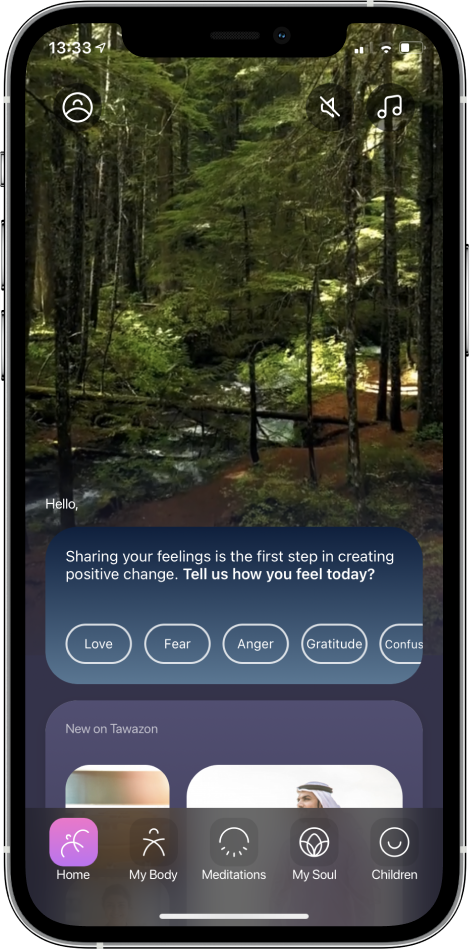Insomnia is a common issue that can affect the person’s life in a very negative way, but is there a specific meditation for sleep and can it really help?
Meditation role in sleep
When you meditate, some physiological changes occur. These changes initiate sleep by influencing specific processes in your body.
Sleep problems often come from stress and worry, but meditation improves your relaxation response. It also improves control of the autonomic nervous system, which reduces how easily you’re awakened.
In general, medication can help you sleep by putting your body into the early stage of sleep, and this stage involves:
- increasing melatonin, which is the sleep hormone
- increasing serotonin that precursor of melatonin
- reducing heart rate
- decreasing blood pressure
- activating parts of the brain that control sleep.
Why is sleep so important?
Sleep is so important for your health in general. A good quality sleep can:
- Lower levels of stress
- Improve mental clarity and memory
- Strengthen the immune systems
- Encourages better eating habits and weight management.
How Can You Meditate for Better Sleep?
To lay the groundwork for your meditation session, start by preparing a calm environment and finding a comfortable position.
When meditating before bedtime, this may include changing into loose pajamas, turning off the lights, and getting into bed.
If you are using your phone or another device to listen to a guided meditation session, you can reduce distractions by turning off notifications, turning down the brightness on your screen, and setting the volume to an appropriate level.
Most meditation methods then instruct their disciples to find a center of focus. Meditation soundtracks for insomnia may use a soothing voice, guided imagery, music, or other techniques to induce relaxation.
Try using Tawazon App for meditation now.










